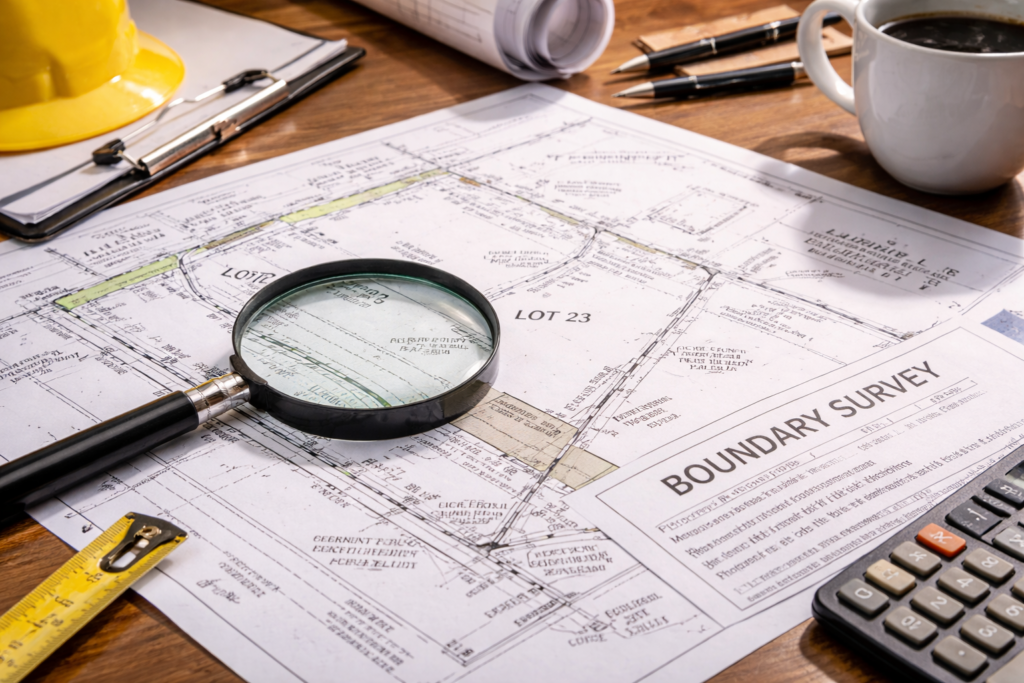Land surveying courses provide essential training for individuals interested in the field of geospatial measurement and analysis. These courses are designed to equip students with the knowledge and skills needed to perform precise measurements of land, air, and water properties. Located in dynamic regions like Salt Lake City, Utah, these courses prepare students for careers in various sectors including real estate, construction, and environmental management. This article delves into what land surveying courses entail, their curriculum, and the benefits they offer to aspiring surveyors.
Understanding Land Surveying Courses
Core Curriculum
Land surveying courses cover a wide range of topics to build a strong foundational understanding essential for the profession:
- Surveying Principles: Learn the basics of measuring land, including techniques for determining distances, angles, and elevations.
- Use of Technology: Training on advanced tools such as Geographic Information Systems (GIS), Global Positioning Systems (GPS), and drones, which are integral to modern surveying tasks.
- Legal Framework: Insight into the legal aspects of surveying, including how to interpret land titles, conduct boundary surveys, and prepare official documents.
For more comprehensive insights into the curriculum, prospective students can visit educational resources provided by institutions such as the National Society of Professional Surveyors.
Types of Land Surveying Courses
Educational Pathways
Land surveying education offers various levels of courses adapted to different career goals and time commitments:
- Certificate Programs: Short-term courses that provide basic skills and knowledge for entry-level positions.
- Associate and Bachelor’s Degrees: These longer programs offer deeper knowledge and are suited for those seeking comprehensive expertise and opportunities in surveying.
- Master’s Degrees: Advanced education focusing on specialized areas of surveying, ideal for leadership roles or academic positions.
Students should ensure that their chosen program is accredited by recognized bodies such as the Accreditation Board for Engineering and Technology (ABET), which validates the quality of educational programs.
Career Opportunities After Completing Surveying Courses
Gaining Professional Certification
Completing land surveying courses often leads to eligibility for professional certification or licensure, which is essential for practicing legally and advancing in the field:
- Licensure Requirements: Vary by state but generally include passing a series of exams and gaining a certain amount of practical experience.
Employment Prospects
Graduates can pursue diverse career paths in sectors such as:
- Construction and Development: Work on major projects, ensuring legal compliance and accuracy in land use.
- Government Services: Manage public lands and contribute to national and local resource planning and conservation efforts.
Conclusion
Land surveying courses are a gateway to a fulfilling and dynamic career, providing essential training in both traditional surveying techniques and modern technology applications. For individuals in Salt Lake City and beyond, these courses offer a path to becoming skilled professionals capable of tackling a variety of challenges in the surveying field. To learn more about starting your career in land surveying, visit Cook Surveying, which offers expert guidance and services in the industry.




